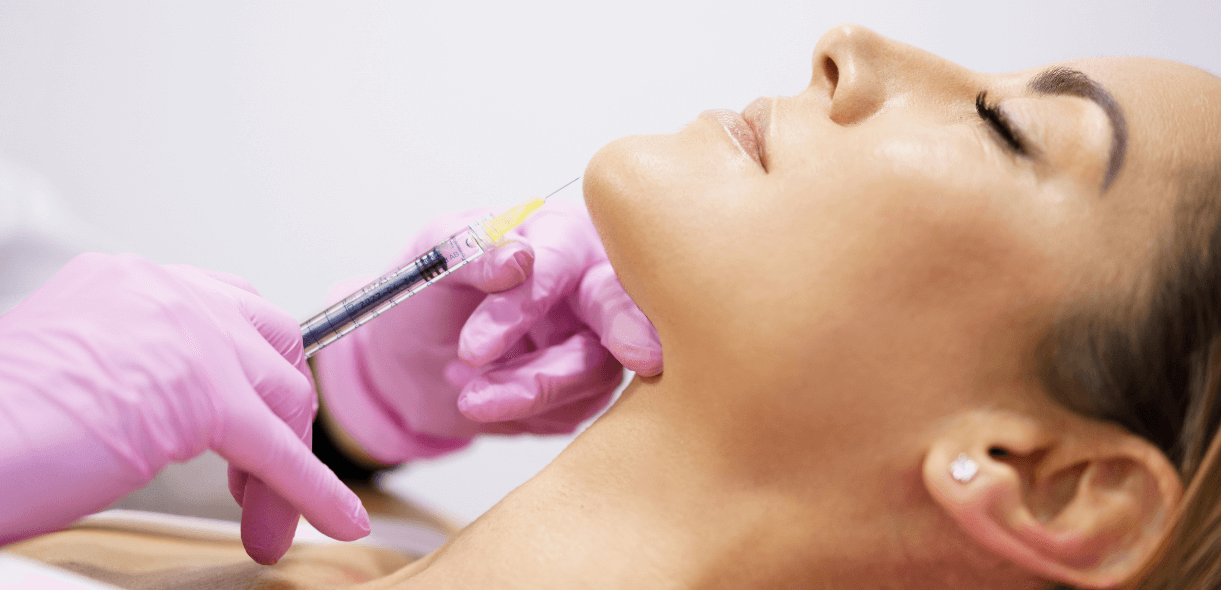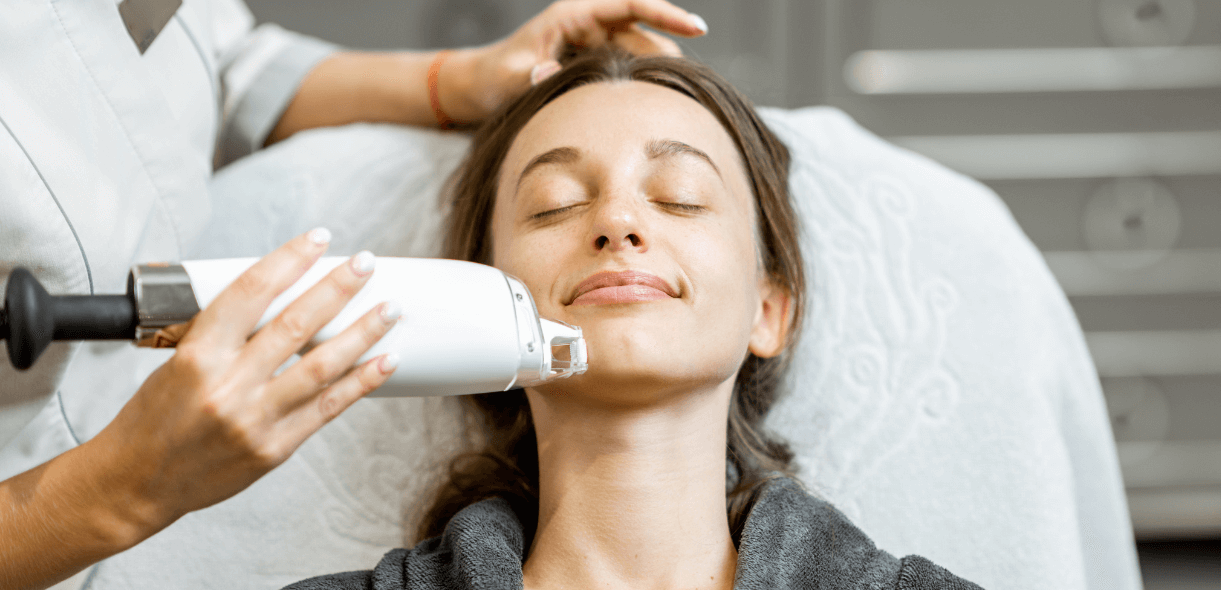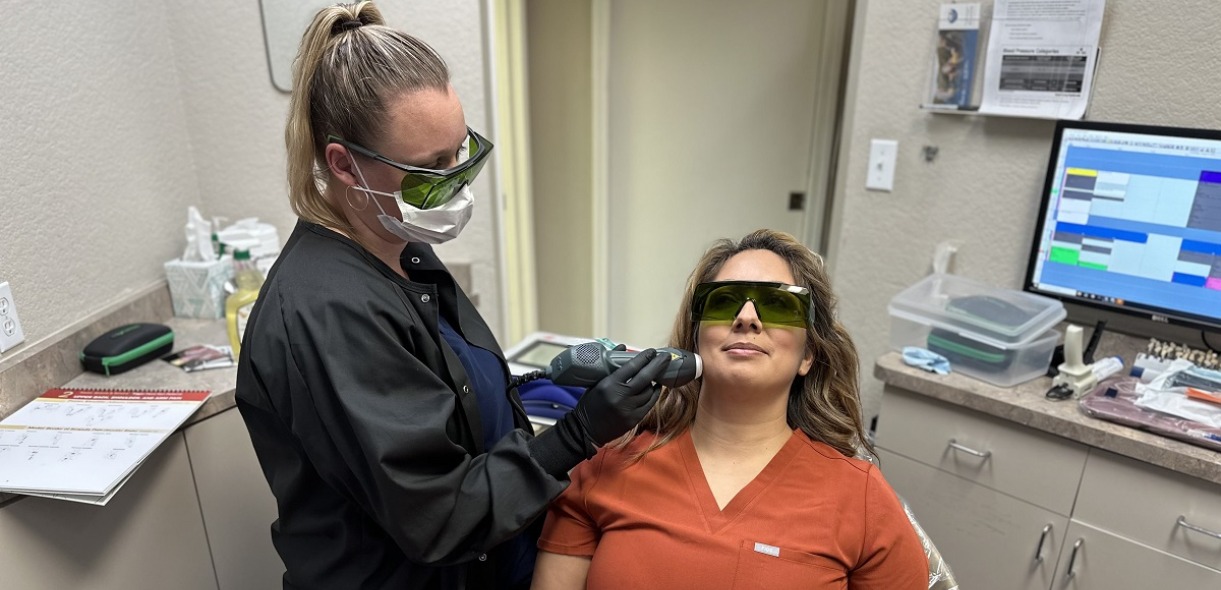Botox for TMJ Relief: Does It Work & Will It Last?

Experiencing discomfort from TMJ disorders can significantly impact one’s quality of life, affecting daily activities and causing persistent pain. For those seeking relief, Botox has emerged as a promising treatment option, offering potential benefits in alleviating TMJ-related symptoms. As individuals navigate the complexities of TMJ disorders, understanding the potential of Botox treatment can offer hope for improved comfort and function.
In this blog, we delve into the efficacy and duration of Botox for TMJ relief, shedding light on its mechanism of action and its role in managing this common condition.
By exploring the effectiveness of Botox injections in addressing jaw pain and muscle tension associated with TMJ disorders, patients can make informed decisions about their treatment journey. Individuals grappling with TMJ discomfort can seek guidance from a qualified TMJ dentist in Rocklin, CA, who can provide personalized care and expertise in administering Botox treatment for TMJ relief.
What Are TMJ Disorders?
TMJ disorders, also known as temporomandibular joint disorders (TMD), encompass a range of conditions affecting the jaw joint and surrounding muscles. Symptoms of TMJ disorders include jaw pain or tenderness, clicking or popping sounds when opening or closing the mouth, and difficulty chewing or a sensation of jaw locking.
Common Causes of TMJ Dysfunction
- Bruxism: Teeth grinding or clenching can exert excessive pressure on the jaw joint, leading to muscle tension and joint inflammation, contributing to TMJ dysfunction.
- Jaw Misalignment: Genetics, injury, or poor dental work can result in jaw misalignment, straining the jaw joint and surrounding muscles, and causing TMJ-related symptoms.
- Arthritis: Osteoarthritis or rheumatoid arthritis can cause degeneration of the temporomandibular joint, leading to pain and dysfunction in TMJ disorders.
Understanding the symptoms and underlying causes of TMJ disorders is crucial for effective diagnosis and treatment of TMJD. By recognizing these factors, individuals can seek appropriate interventions from a qualified TMJ dentist to alleviate discomfort and improve jaw function.
Introduction to Botox Treatment
Botox, short for Botulinum Toxin, is a neurotoxic protein derived from the bacterium Clostridium botulinum. It is widely recognized for its therapeutic applications, including its role in treating TMJ disorders.
Role of Botox in TMJ Treatment
- Botox injections have gained popularity as a non-surgical treatment option for managing TMJ-related symptoms.
- The primary function of Botox in TMJ treatment is to relax the muscles surrounding the temporomandibular joint, thereby reducing muscle tension and alleviating jaw pain and discomfort.
Mechanism of Action
- Botox works by blocking the release of acetylcholine, a neurotransmitter responsible for signaling muscle contractions.
- By inhibiting muscle contractions, Botox effectively reduces the intensity of muscle spasms and diminishes the strain placed on the temporomandibular joint.
- This relaxation of the jaw muscles helps alleviate TMJ-related symptoms such as jaw pain, clicking or popping sounds, and difficulty chewing.
Targeted Approach
- Botox injections are administered directly into the affected muscles surrounding the temporomandibular joint.
- This targeted approach allows for precise delivery of the medication to the areas contributing to TMJ dysfunction, maximizing therapeutic efficacy while minimizing side effects.
What to Expect During Botox Treatment?
Treatment Process
- Initial Consultation: The patient will undergo a thorough evaluation by a qualified healthcare provider to assess their TMJ symptoms and determine candidacy for Botox treatment.
- Injection Procedure: Botox injections are administered directly into the affected muscles surrounding the temporomandibular joint using a fine needle.
Duration: The entire procedure typically takes around 10 to 15 minutes to complete, making it a convenient option for TMJD relief.
Potential Side Effects
- Temporary Discomfort: Patients may experience mild discomfort or a sensation of pressure at the injection sites, which typically resolves quickly.
- Bruising or Swelling: Some individuals may develop temporary bruising or swelling at the injection sites, which can be alleviated with ice packs and over-the-counter pain relievers.
- Rare Complications: While rare, potential complications of Botox treatment for TMJ relief may include allergic reactions or unintended muscle weakness, which should be promptly reported to the healthcare provider.
Post-Treatment Care
- Avoid Rubbing or Massaging: Patients are advised to avoid rubbing or massaging the treated areas immediately after Botox injections to prevent the spread of the neurotoxin.
- Follow-Up Visits: Patients may be scheduled for follow-up visits to monitor their response to Botox treatment and adjust the treatment plan as needed for optimal TMJ relief.
- Lifestyle Modifications: Healthcare providers may recommend lifestyle modifications such as stress management techniques and jaw exercises to enhance the effectiveness of Botox treatment and prolong its benefits for TMJ relief.
Effectiveness of Botox for TMJ Relief
Clinical Studies and Research:
- Numerous clinical studies have demonstrated the efficacy of Botox injections in managing TMJ disorders.
- Research published in reputable medical journals has reported significant improvements in TMJ-related symptoms following Botox treatment, including reductions in jaw pain and muscle tension.
Relief from Jaw Pain:
- Botox injections have been shown to effectively alleviate jaw pain associated with TMJ disorders.
- The neurotoxin in Botox acts to relax the muscles surrounding the temporomandibular joint, reducing the intensity of muscle spasms and diminishing pain signals transmitted to the brain.
Reduction of Muscle Tension:
- Botox injections can provide relief from muscle tension in the jaw and facial muscles.
- By blocking the release of acetylcholine, Botox inhibits muscle contractions, allowing for relaxation of the affected muscles and alleviation of tension-related symptoms.
Alleviation of Associated Symptoms:
- In addition to jaw pain and muscle tension, Botox treatment has been found to improve other TMJ-related symptoms such as clicking or popping sounds during jaw movement and difficulty chewing.
- Patients often report improved jaw function and overall quality of life following Botox injections for TMJ relief.
Duration of Botox Effects
Treatment Duration:
- The duration of Botox’s effects in treating TMJ disorders can vary depending on individual factors and the specific treatment protocol.
- On average, patients can expect the effects of Botox injections for TMJ relief to last between three to six months.
Individual Variability:
- The longevity of Botox treatment for TMJ relief may vary among individuals based on factors such as metabolism, muscle mass, and the severity of TMJ symptoms.
- Some patients may experience prolonged relief lasting beyond the typical duration, while others may require more frequent injections for sustained benefits.
Treatment Frequency:
- To maintain the effects of Botox treatment for TMJ relief, patients may need to undergo periodic injections on a scheduled basis.
- A qualified healthcare provider will work with the patient to determine the optimal treatment frequency based on their response to Botox therapy and the recurrence of TMJ symptoms.
Adjunctive Therapies:
- Incorporating adjunctive therapies such as physical therapy, stress management techniques, and lifestyle modifications can complement the effects of Botox treatment and prolong its efficacy in managing TMJ disorders.
- By addressing underlying contributing factors and promoting overall jaw health, adjunctive therapies can help optimize the longevity of Botox treatment for TMJ relief.
Botox emerges as a promising treatment avenue for TMJ relief, offering effective symptom management and improved quality of life for sufferers. With its proven efficacy and relatively minimal side effects, Botox injections administered by a qualified TMJ dentist present a valuable option for individuals seeking long-lasting relief from TMJ disorders.




